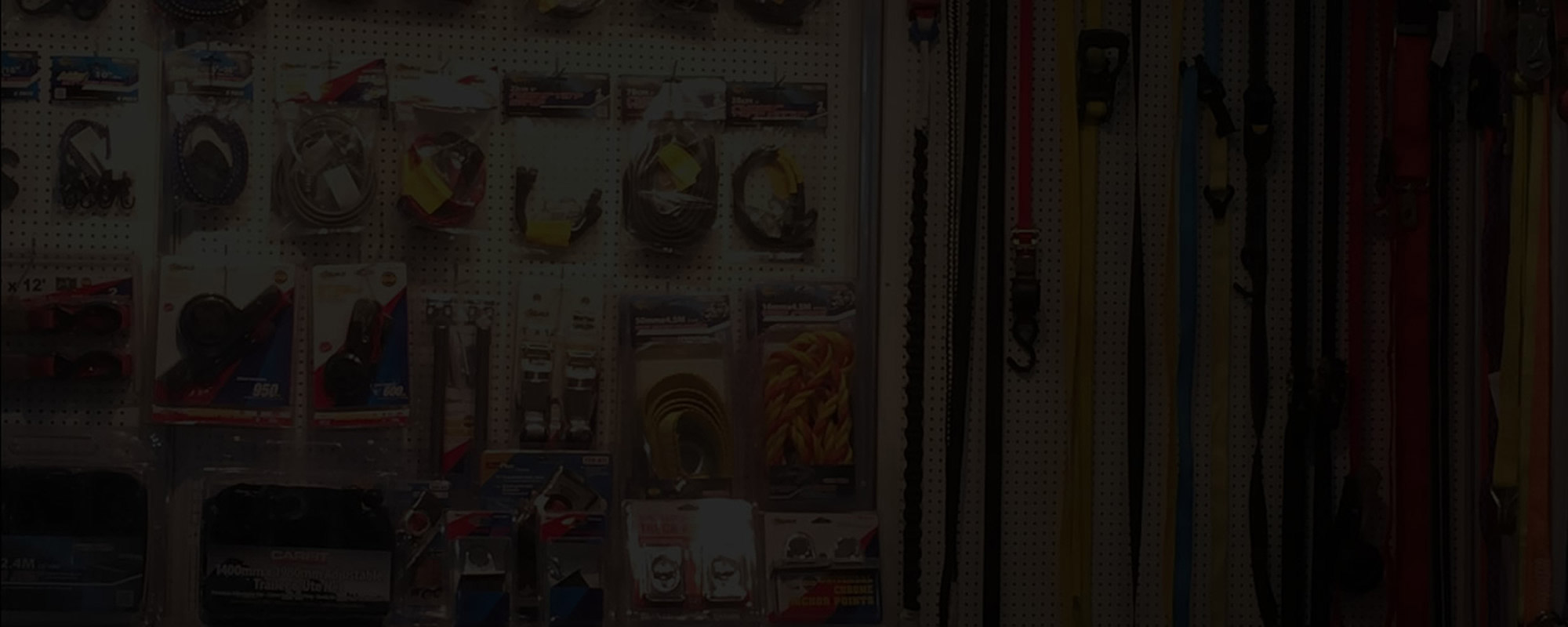Self-Drilling Screws for Metal Studs Perfect for Fastening Drywall Efficiently and Securely
Understanding Self-Drilling Drywall Screws for Metal Studs
When it comes to constructing interior walls, ceilings, and partitions, drywall is one of the most commonly used materials in both residential and commercial buildings. For those looking to install drywall onto metal studs, the choice of fasteners is critical to ensure a strong and lasting installation. Self-drilling drywall screws designed for metal studs are an essential tool for contractors and DIY enthusiasts alike.
What are Self-Drilling Drywall Screws?
Self-drilling drywall screws are specially engineered screws that feature a unique tip design, allowing them to create their own pilot hole as they are driven into metal. This eliminates the need for pre-drilling, saving time and effort during installation. These screws typically have a sharp tip and a fine-thread design, which makes them ideal for penetrating metal studs, usually made from galvanized steel or other metals.
Advantages of Using Self-Drilling Screws
1. Time Efficiency The primary advantage of using self-drilling drywall screws is the significant reduction in labor time. Since these screws do not require pre-drilling, workers can proceed directly to fastening, making the installation process quicker and more efficient.
2. Strong Grip The fine threads of self-drilling screws provide a strong grip in metal studs. This feature ensures that the drywall remains securely attached, minimizing the risk of sagging or separation over time.
3. Versatility Self-drilling screws come in various lengths and diameters, catering to a range of drywall thicknesses and different types of metal studs. This versatility means they can be used in a variety of applications, from standard residential projects to complex commercial constructions.
4. Reduced Risk of Damage Because they drill their own holes, self-drilling screws reduce the risk of damaging the surrounding material. This is especially important in metal studs, where improper use of fasteners can lead to deformation or compromise the structural integrity of the studs.
self drilling drywall screws for metal studs

5. Corrosion Resistance Many self-drilling drywall screws are coated with materials that enhance their resistance to corrosion. This characteristic is particularly advantageous in areas prone to moisture or varying weather conditions, ensuring the longevity of the installation.
Tips for Using Self-Drilling Drywall Screws
While the benefits of self-drilling drywall screws are clear, there are best practices to follow to maximize their effectiveness
- Use the Right Size Ensure that the screws are appropriate for the thickness of the drywall and the gauge of the metal studs. Generally, 1 to 1.25-inch screws work well for securing 1/2-inch drywall to standard metal studs.
- Proper Tooling Use a power drill with an adjustable clutch to control the torque, preventing over-driving the screws, which can lead to stripping or damaging the studs.
- Spacing Follow recommended spacing guidelines when installing screws. Typically, screws should be placed every 12 to 16 inches along the edges and in the field of the drywall to ensure a secure hold.
- Check for Compatibility When purchasing self-drilling screws, check that they are specifically designed for use with metal. Some screws are intended for wood and will not perform well in metal applications.
Conclusion
Self-drilling drywall screws for metal studs offer a reliable, efficient solution for fastening drywall in metal framing systems. Their unique design, combined with numerous advantages, makes them a staple for contractors and DIY enthusiasts. By following best practices and choosing the right tools, anyone can achieve a professional finish in their drywall projects. Investing in high-quality self-drilling screws will yield durable walls that stand the test of time, enhancing both the functionality and aesthetics of the space.
-
Weatherproof Plastic Expansion Anchors for OutdoorNewsJun.06,2025
-
Sustainability in the Supply Chain: Eco-Friendly TEK Screws ProductionNewsJun.06,2025
-
Load-Bearing Capacity of External Insulation FixingsNewsJun.06,2025
-
Double Head Bolts: Enhancing Efficiency in Industrial MachineryNewsJun.06,2025
-
Corrosion Resistance in Chipboard Screws: Coatings for Wholesale DurabilityNewsJun.06,2025
-
Butterfly Toggle Bolts : Enhancing Structural ResilienceNewsJun.06,2025
